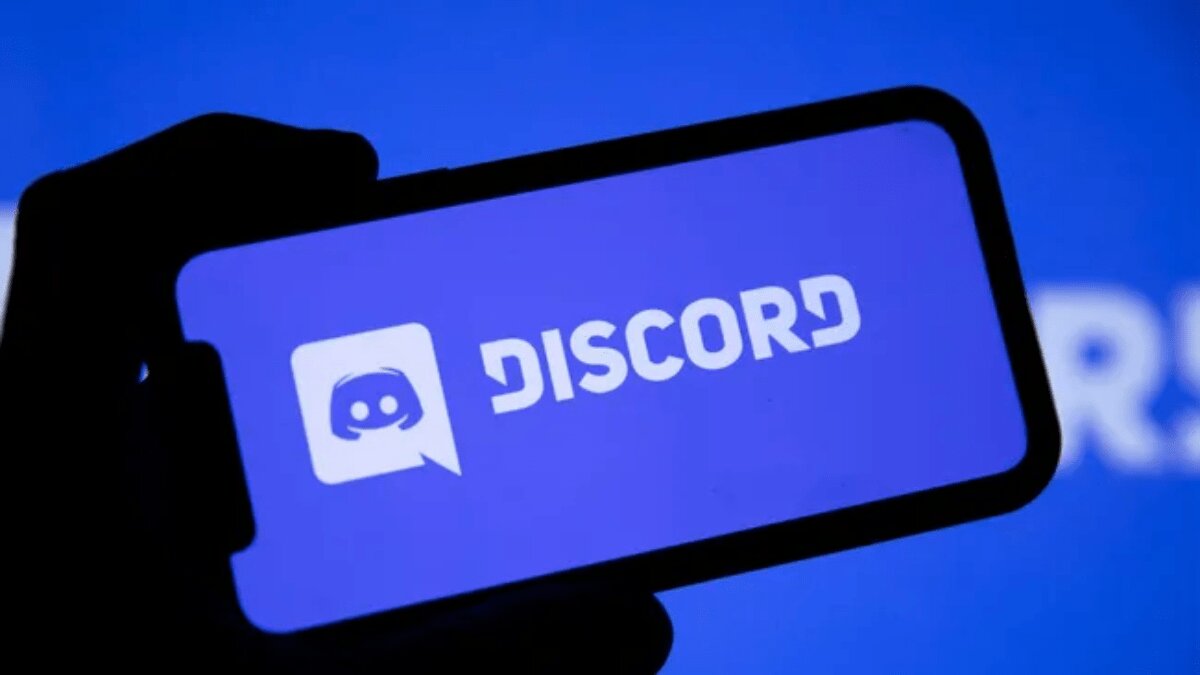Discord has just rolled out end-to-end encryption (E2EE) for audio and video calls through its new DAVE protocol, significantly enhancing user privacy and data security. This update applies to private channels, group chats, server-based voice channels, and real-time streaming, but it’s important to note that messages themselves remain unencrypted.
What is the DAVE Protocol?
In a blog post from September 17, 2024, Discord announced that they are migrating voice and video communications to this E2EE model, allowing users to verify the encryption status of their calls. The DAVE protocol utilizes WebRTC to encrypt audio and video before transmission, ensuring that only the intended sender and receiver can access the data. For group calls, it employs Messaging Layer Security (MLS) for efficient key exchange, allowing group members to update shared keys seamlessly.
Key Features:
- Identity Verification: Users can compare ephemeral identity keys during calls to confirm they are speaking to the correct participants. These keys change for each call or whenever a user joins or leaves.
- Voice Privacy Code: This code also changes dynamically with user participation in group calls, providing an extra layer of verification.
- Focus on Safety: While audio and video are encrypted, Discord maintains that their messaging system will continue to follow existing content moderation policies, meaning messages won’t benefit from the same E2EE protections.
- Transparency and Collaboration: Discord partnered with cybersecurity firm Trail of Bits for the development and review of the DAVE protocol. They’ve also released a whitepaper and libraries for others to explore and implement.
The DAVE protocol is currently being rolled out on Discord’s desktop and mobile apps, with web support coming later. To take advantage of this new security feature, users need to update their apps to the latest version, and all participants in a call must support DAVE for the conversation to be encrypted.
This move aligns Discord with other secure messaging platforms like Signal, providing a more robust option for private communications and setting a strong precedent for user privacy in online interactions.


